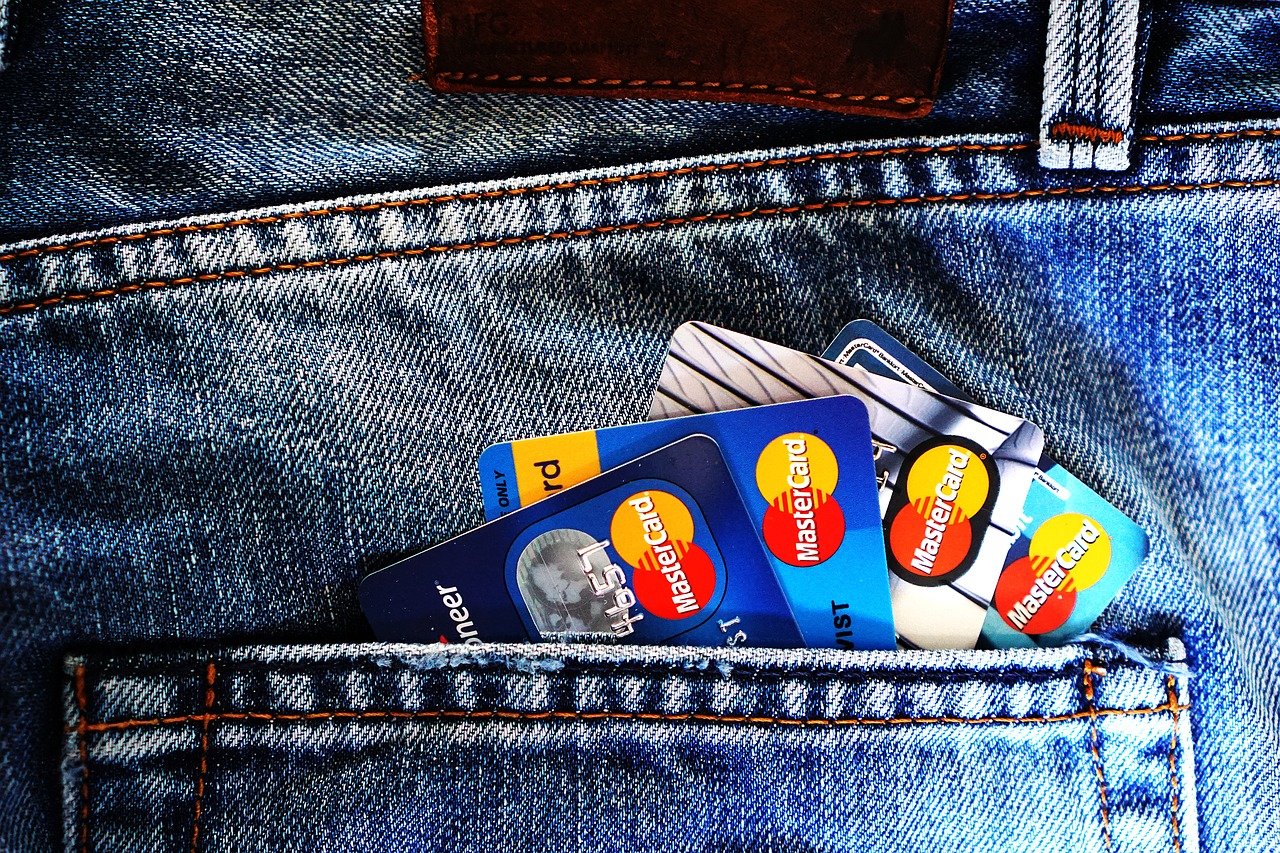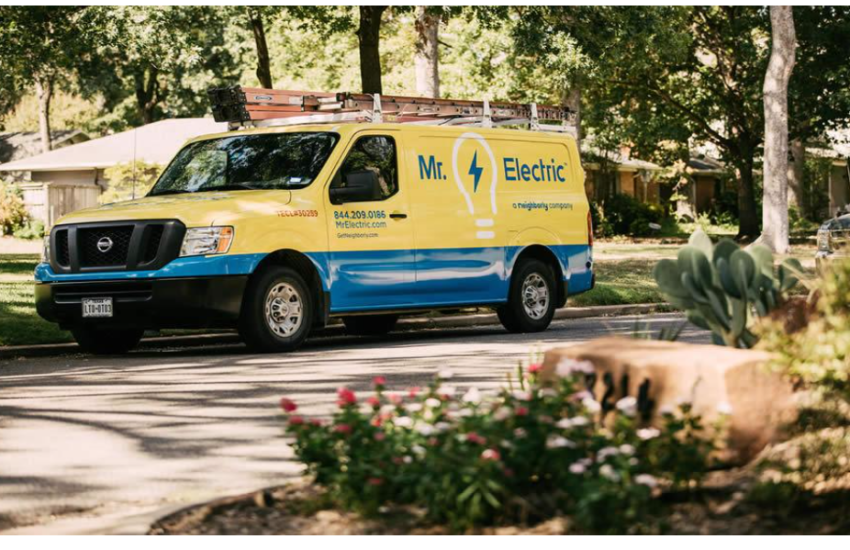How To Reduce Credit Card Debt
Credit card debt can be hugely problematic. Although it might seem like a good idea at the time, once you have made your purchase, you’ll be stuck paying the balance for an age, sometimes a period that adds up to decades depending on your minimum payments and your interest rate. This can be a real burden, especially when often you won’t even be able to remember what it was you bought. All you know now is that you have a constant debt that has to be paid and is eating into your finances, and your peace of mind.
Although sometimes credit cards can be useful and they can certainly help out in emergencies, the best way to deal with them is to pay them off each month entirely, otherwise you might find that your costs start to spiral out of control. If this is something you’re feeling now, or you want to reduce your credit card debt before it becomes too much of an issue, here are some useful tips to help you. Remember, though, if you’re in real financial difficulties and you can’t service your debts, you should speak to an expert; there is always someone who can help you.
Develop The Right Money Mindset
Your mindset is the way you think about things, so when it comes to paying off your credit cards, try to have as positive a mindset as possible. When you can do this, you’ll be much more likely to make the lifestyle changes that you need to to pay off the debt more quickly. If you continue to think of your debt as a shackle around your ankle, weighing you down, you’re more likely to continue to just pay the minimum amount and you won’t get anywhere that way. In fact, paying the minimum required amount on your credit card each month is how the costs can spiral in the first place.
Paying off debt will often take some time, even if it took mere moments to get into it. If you are feeling negative throughout the journey, this can really weigh on you and even cause mental health issues such as depression. If you instead focus on the positive, looking to the future and being debt-free, and working out how to finance what you want without using credit, you’ll feel much better about the situation.
Stop Using Your Credit Card
Using your credit card can become something of a habit, and even when you have enough money in your usual bank account, you might still turn to the credit card. The problem is, even if you’re only using it for small amounts, and even if you’re paying off all new purchases each month on top of the minimum balance, you’re still in the wrong mindset. Plus, missing just one month’s payment means your debt will quickly start to mount up again.
The best thing you can do, even if you’re not planning on paying your entire credit card debt off, but especially if you are, is to stop using the card or cards entirely, even for seemingly tiny, harmless purchases. The more you use the card, the harder it will be to pay off in the same way as if you were trying to dig a hole but you keep spilling earth back in rather than taking it out.
You need to be serious about paying your debt off if it’s going to happen, and that means cutting up your cards and concentrating not on using up your credit, but on paying off every penny as soon as you can. This might mean looking at your spending habits and looking at how and why you use your card. If you’re paying out for non-essential items on your credit card, that can stop immediately. Even when you’re not using your credit card, it’s wise to hunt for good deals to save yourself money (and you could put the money saved towards your debt). A great way to do this would be to calculate percent change on sales items, for example, to see just what you’re saving and if it’s worth buying.
Reduce The Number Of Cards You Have
You might have a large number of credit cards, each one with a different percentage rate for interest, and a different minimum charge. The more cards you have, the more tempting it can be to use one, however. Plus, it can be hard to stay on top of all the payment dates, causing you to miss some or not have put aside enough funds.
If you can, it’s best to consolidate these cards into a smaller number by transferring the balance. You don’t have to necessarily apply for new cards either; you can take a look at the cards with the lowest interest rates and, assuming they have enough credit on them, you can transfer a card with a higher interest rate onto them. Even transferring part of a balance will save you money in interest. You can then focus on entirely paying off that higher interest card since the impetus will be there after transferring a large balance.
It may seem as though this idea is simply juggling money and taking it from one place to put in another, and in some regards that’s true, but if you can take advantage of a better interest rate and entirely remove a card or two (or more) from your concerns, then it can be a helpful way to get started at least.
Know How Much You Owe
It’s going to be uncomfortable, but it’s something you need to do when you’re paying off your credit card debt completely; you need to tally up just how much you owe over every credit card or store card you have. If you’ve been paying off the minimum required and nothing more, you might not have any idea of just how much is outstanding on each card, and you especially won’t know if you have many different cards, and if your payments are automated so you never see your statements (or have any need to).
Once you have a better idea of how much you owe, you’ll be able to calculate either how long it will take you to take them off (if you know how much you can spare to do so more quickly), or how much you need to pay each month (if you have an idea of a time frame you want to work to). Not knowing means you won’t be able to put any kind of plan in place, and no matter how well-intentioned you might be, without a goal to aim for, you can quickly become disheartened and give up on the idea altogether.
Create A Strict Budget
Unless you’re about to come into some money or you’re starting a better paying job or online for a raise, you’re going to have to create a very strict spending budget for your day to day life if you want to radically reduce your credit card debt. This means foregoing all the little extras that you might have spent out on such as takeout, restaurant meals, computer games, gadgets for the house, and all manner of other things you just don’t need even if you think you do. This may not sound too exciting – stopping the fun things in your life isn’t ideal – but if you’re going to pay off your debt more quickly, every penny counts, and if that means a few months of going without, then that’s what must be done.
Create a budget that starts with the amount you need to spend on all your essentials including your mortgage or rent, your groceries, and any other bills that aren’t credit cards. When you can see what’s left, you’ll know what you have to use to pay your credit card bills. You can either split the amount over all the cards, or you can choose one card to pay first, and then move onto the next (if you take this route, start with the card that has the highest interest and work down from there). By doing this as soon as you get paid, rather than waiting to see what you have left at the end of the month, you’ll be less tempted to use that money for other things, and your debt reduction will happen more successfully.
Be Consistent
The key to success in any plan, including financial ones, is to be consistent. You will know what debts need to be paid, you’ll know how much you can spare for each debt per month, and you’ll have a timeframe to work to. The only thing that can go wrong – barring any financial emergencies – is inconsistency. If you don’t pay as much as you could one month, or you use your card just once because it is only a small purchase, or you forget to automate your payments, your plan won’t remain consistent, and your debt won’t be paid off.
It will take time to achieve the end result you want, but as long as you keep going and stay consistent, you will get there.



2 thoughts on “How To Reduce Credit Card Debt”